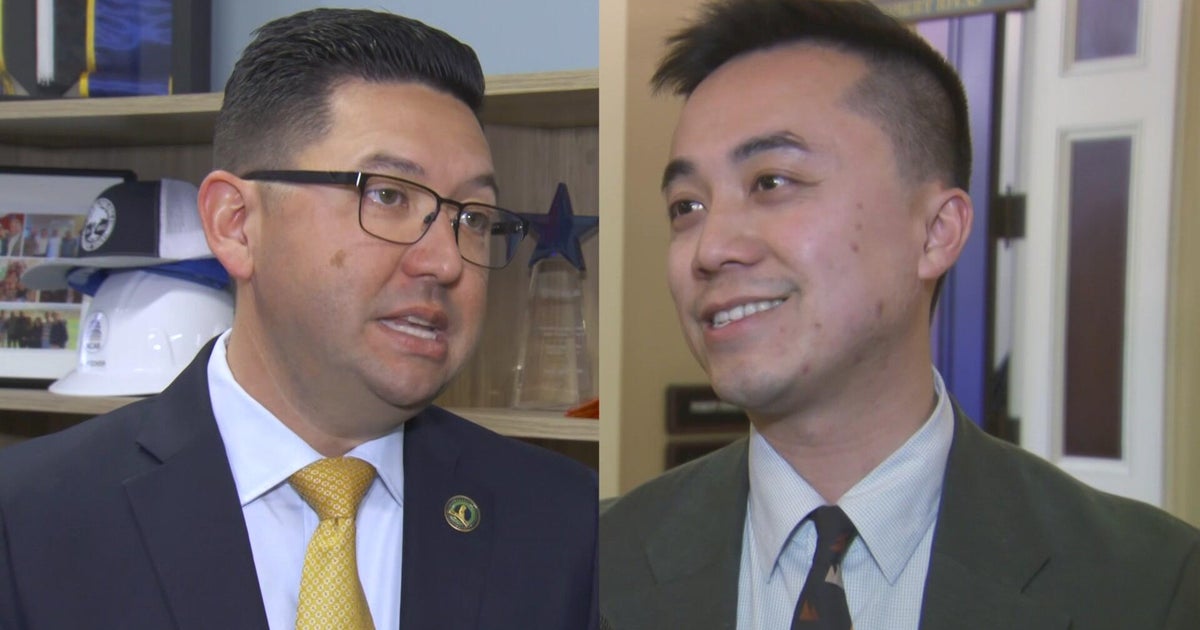House set to vote on stopgap spending bill to avoid government shutdown
Washington — With the deadline to pass legislation to fund the government fast approaching, the House is set to vote Wednesday on a stopgap measure in an effort to avert a partial government shutdown.
The current spending bill keeps the government open until December 11, but House Majority Leader Steny Hoyer said that lawmakers will vote on a one-week continuing resolution, or CR, giving them until December 18 to reach an agreement on a package as negotiations continue over an additional coronavirus relief package.
"I am disappointed that we have not yet reached agreement on government funding. The House will vote on Wednesday on a one-week CR to keep government open while negotiations continue," the Maryland Democrat tweeted.
Senate Majority Leader Mitch McConnell said the upper chamber is also likely to take up the short-term funding measure this week.
"The nation needs our Democratic colleagues to resist the temptation to play brinkmanship with long-settled policy issues or push poison pill riders that they know would tank the process," he said in remarks on the Senate floor.
Republican and Democratic lawmakers have been working on an omnibus appropriations package, which is also set to serve as the vehicle for a coronavirus relief bill. House Speaker Nancy Pelosi said last week she discussed with McConnell attaching an aid plan to the 12-bill spending measure.
A bipartisan, bicameral group of lawmakers released last week a $908 billion plan to provide economic relief to Americans and small businesses crushed by the coronavirus pandemic. While the plan was met with a more narrowed, targeted proposal from McConnell, Pelosi and Senate Minority Leader Chuck Schumer said the framework should be used as the basis for negotiations.
Still, Republicans and Democrats remain at odds on several issues, including federal aid to state and local governments and liability protections for businesses. President Trump has indicated he is opposed to providing assistance to state and local governments, arguing it amounts to a bailout for blue states. The bipartisan, bicameral proposal also does not include another round of direct payments to Americans, as Congress provided in an earlier coronavirus relief bill.



